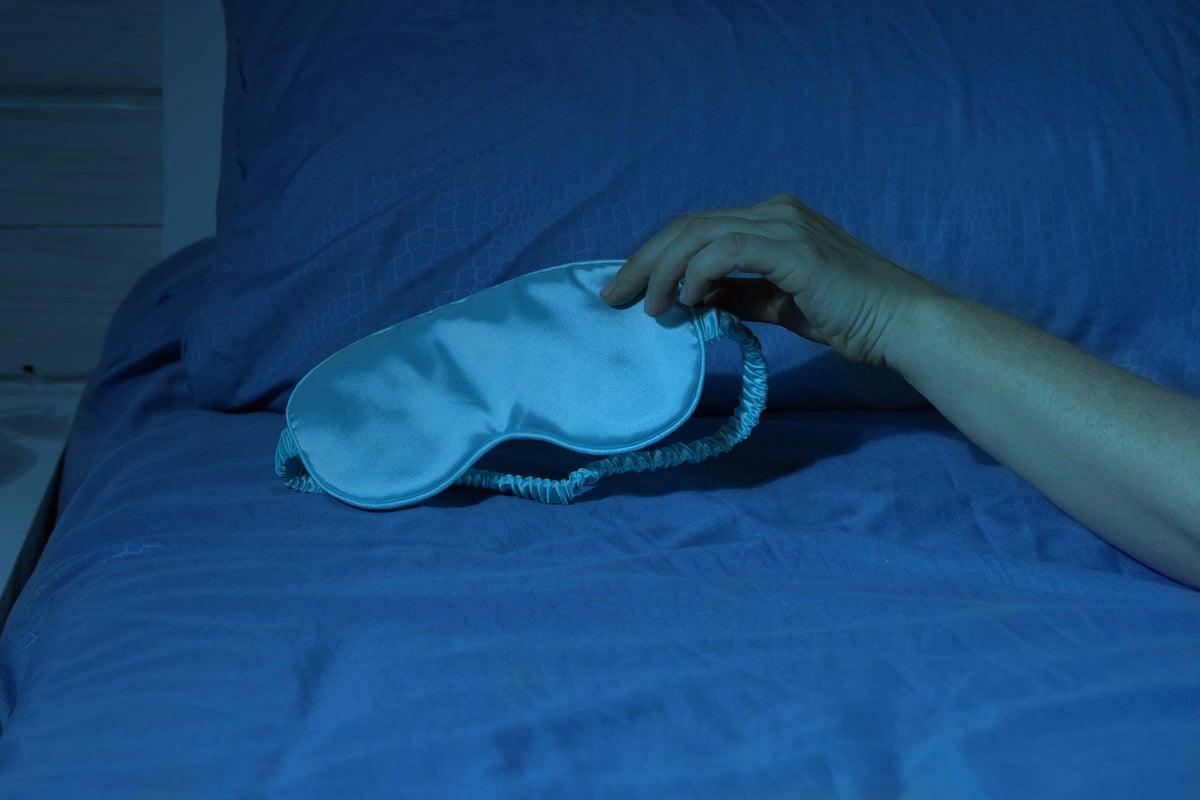
Middle-aged people not getting enough sleep are less likely to see the benefits of exercise when comes to protecting against decline in skills such as memory and thinking, scientists have said.
Researchers from University College London (UCL) found that those in their 50s and 60s who performed regular physical activities but slept less than six hours a night had a faster decline in these skills overall.
The team found that after a decade, their cognitive functions – such as attention, memory and learning – were the same as those who did less physical activity.
The researchers said their study, published in journal The Lancet Healthy Longevity, highlights the need for sleep to protect against cognitive decline as people get older.
Lead author Dr Mikaela Bloomberg, of UCL Institute of Epidemiology & Health Care, said: “Our study suggests that getting sufficient sleep may be required for us to get the full cognitive benefits of physical activity.
“It shows how important it is to consider sleep and physical activity together when thinking about cognitive health.
“Previous studies examining how sleep and physical activity might combine to affect cognitive function have primarily been cross-sectional – only focusing on a snapshot in time – and we were surprised that regular physical activity may not always be sufficient to counter the long-term effects of lack of sleep on cognitive health.”
The World Health Organisation already identifies physical activity as a way to maintain cognitive function, but interventions should also consider sleep habits to maximise long-term benefits for cognitive health— Prof Andrew Steptoe
For the study, the team looked at data from the English Longitudinal Study of Ageing (Elsa) from nearly 9,000 people aged 50 and over.
Their cognitive function was assessed over a period of 10 years with various memory and verbal fluency tests.
Questionnaires were also used to assess how long they slept and whether this was less or more than six hours.
People were also asked about their levels of physical activity.
At the start of the study, those who were more physically active also had better cognitive function regardless of how long they slept.
However, this changed over the 10-year period, with more physically active short sleepers in their 50s and 60s experiencing more rapid cognitive decline, the researchers said.
But for people aged 70 and over, the benefits of exercise on cognitive function were maintained, despite short sleep, the team added.
Co-author professor Andrew Steptoe, of UCL Institute of Epidemiology & Health Care, said: “It is important to identify the factors that can protect cognitive function in middle and later life as they can serve to prolong our cognitively healthy years and, for some people, delay a dementia diagnosis.
“The World Health Organisation already identifies physical activity as a way to maintain cognitive function, but interventions should also consider sleep habits to maximise long-term benefits for cognitive health.”







